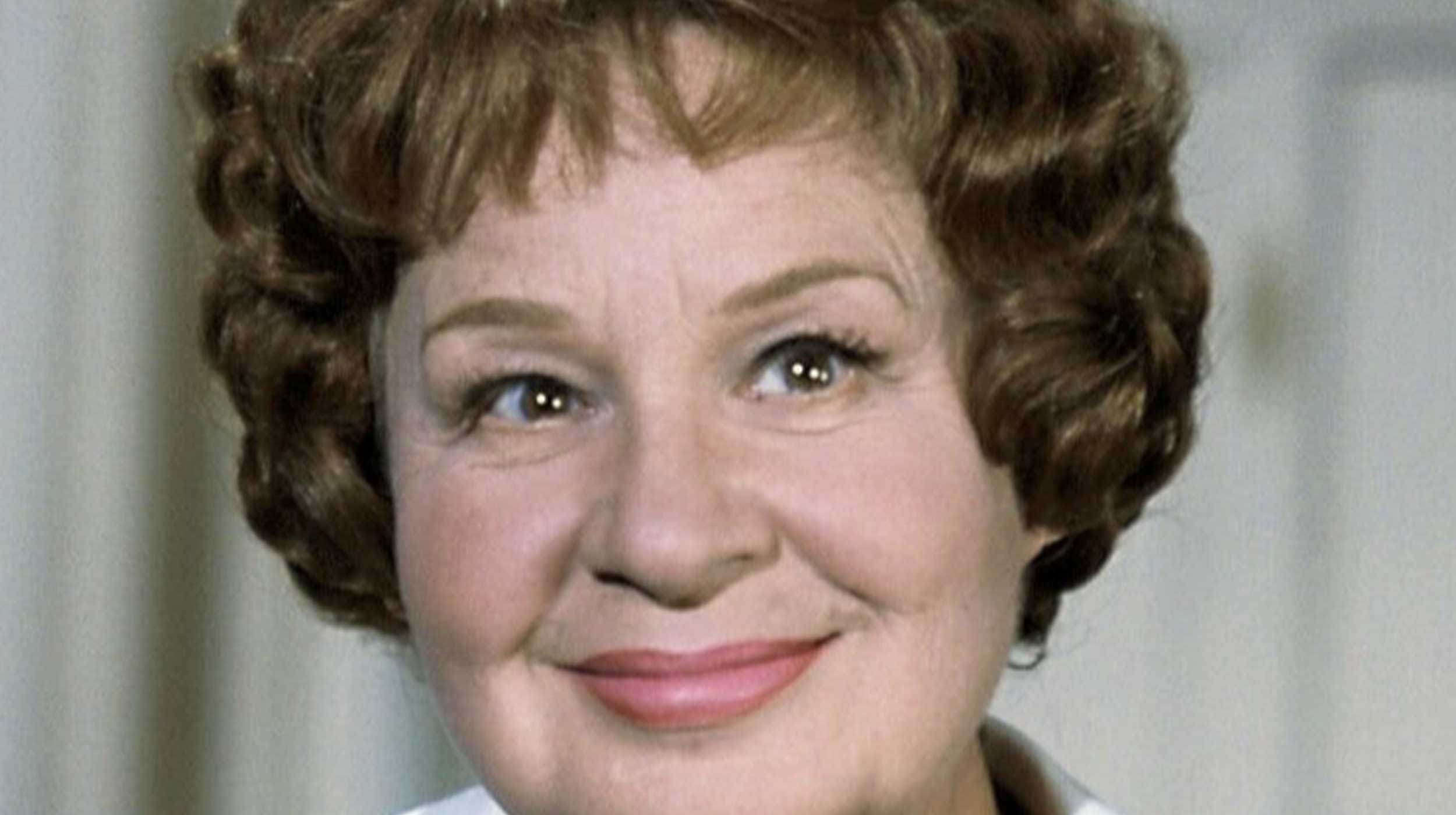Putting brands on a first-name basis
In 1955, the Ford Motor Company hired the celebrated American poet Marianne Moore to create a compelling name for a new car line slated to debut the following year. Moore cranked out 43, among them Mongoose Civique, Thunderblender and her personal favorite, Utopian Turtletop.
The company thanked her for her work, tossed it aside and went with “Edsel.”
Edsel?
The car was named for Henry and Clara Ford’s only child, who himself had been named for a childhood friend of his dad’s. The Edsel, of course, would quickly devolve into an automotive joke and the dictionary definition of “commercial flop.” By 1960, when the line was discontinued, Ford had lost $350 million (equal to $3.1 billion in 2021 dollars).
The Edsel failed, we’re told, because it was ungainly, poorly conceived and plagued with mechanical defects. But could the name itself have been a liability? Is giving a brand a human name ever a good idea?
Actually yes. Maybe.
Perhaps the Edsel, which married slapdash market research with substandard engineering, isn’t the best example. Presumably the same car by any other name—even Utopian Turtletop—would have stunk just as bad.
But imparting human attributes to a brand by giving it a regular-guy name can arguably boost marketing efforts—or at least not hinder them. As Mitt Romney famously stated in 2016, “Corporations are people, my friend.”
Consider the Enzo, a limited-edition Ferrari model named for company founder Enzo Ferrari and widely hailed as the quintessence of vehicular splendor. From 2002-2004, Ferrari produced 400 Enzos, each with a sticker price of $650,000. With a 651hp engine, the super-sleek Enzo could hit 60 miles per hour in 3.1 seconds en route to a top speed of 218 mph. There is no record of anyone making fun of the car’s name.
Start-ups these days seem especially drawn to human names. Clara, a Silicon Valley firm, provides companies with virtual support in scheduling meetings and managing information. New York-based Benny gives freelancers access to insurance and accounting services. And Alfred, named for Batman’s butler, “partners with property owners and managers to offer residents an exceptional living experience by providing leading-edge technology with personalized hospitality services,” according to its website.
The latest entry to the community of call-me-by-my-first-name brands is Hazel, a fintech firm launched by Walmart. At an investor conference earlier this year, Walmart CEO explained that “customers want more from us in terms of financial services and this new approach will help us deliver for them in a differentiated way more quickly.” Hazel’s senior management team includes two recruits from Marcus, a consumer banking start-up created by Goldman Sachs and named, appropriately, for co-founder Marcus Goldman.
To date, Walmart has offered no rationale for branding its start-up Hazel, but perhaps we can take the liberty of suggesting one. We see it as an homage to the sixties sitcom Hazel, about a housekeeper-maid who runs her employer’s household, solves everyone’s problems and keeps the family on an even keel with supreme efficiency and competence.
Hazel—not a bad way to think about a financial services firm. It would definitely have been a better name than Edsel.




